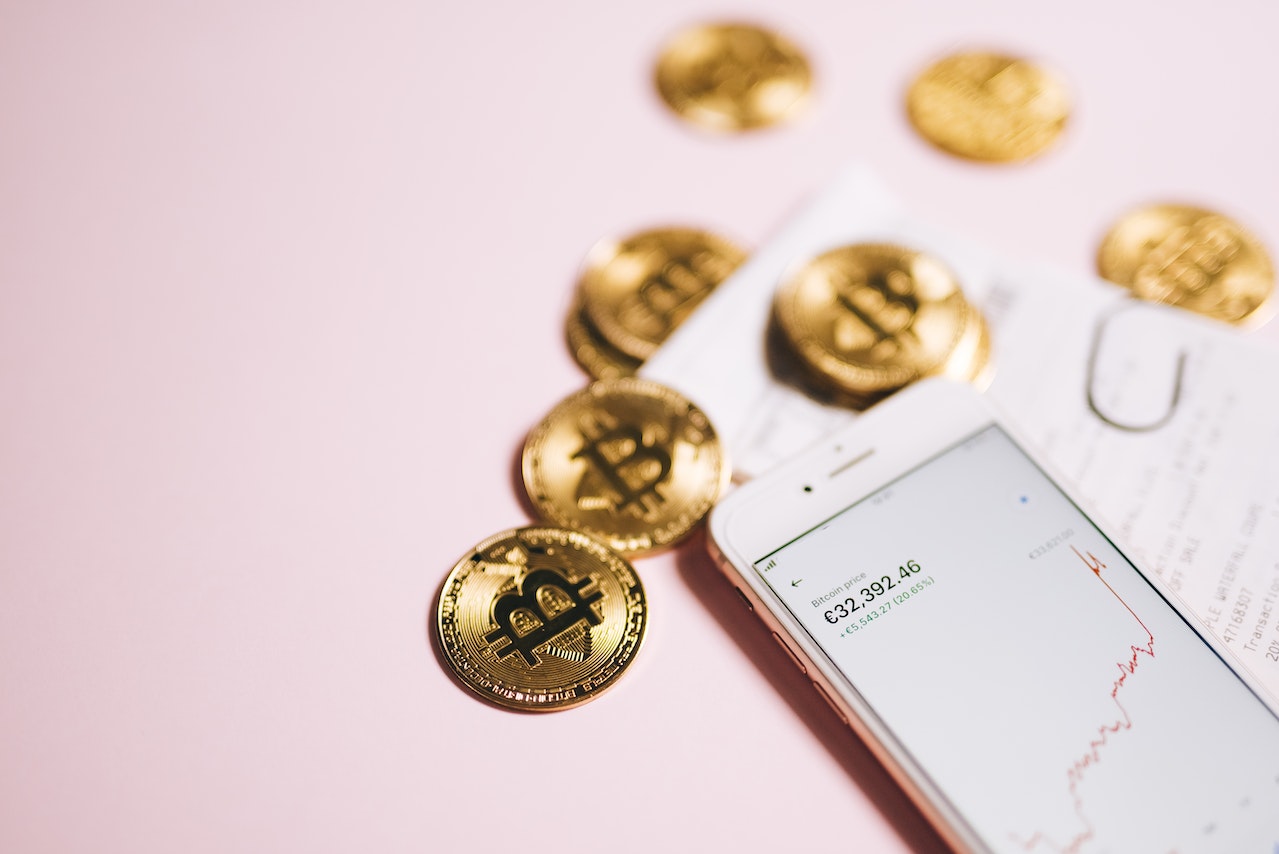
Whether you are tech-savvy or not, then it is highly likely you have already come through the expression cryptocurrency. In case you haven’t, it is practically guaranteed that you have heard about a particular kind of cryptocurrency: Bitcoin. . .even when you’ve got zero clues about what it really is!
Bitcoin was hitting the headlines for late nights as a result of its striking price increase. Just one Bitcoin is presently trading in more than 5,000*, which can be quite impressive once you think about the fact you might have picked up one for under a tenner back at the beginning of 2013! As a real estate agent, the apparent question we have been asking is will somebody purchase a home using Bitcoin? Well, let us have a look at it.
Bitcoin: A fundamental summary
We are not likely to enter the profound technical facets of Bitcoin, like blockchains, however, it is important to put out a couple of pointers until we delve deeper into whether property trades with Bitcoin are becoming commonplace in the not too distant future.
Simply speaking, Bitcoin is a peer-reviewed system specifically created for internet payments – digital money, if you may. As a peer system, there’s absolutely no demand for a centralized authority (such as the Bank of England or even Federal Reserve) to manage trades, and that’s exactly what makes cryptocurrencies such as Bitcoin so fascinating (and threatening to authorities).
Removing the middleman effectively gets rid of interest charges and sets the holder in management. This is particularly interesting once you think about the effect such monies may happen on third-world nations where access to conventional bank account is earmarked for some, as opposed to the many.
Together with Bitcoin, you are able to invest and save money with no conventional account or charge card. All you actually need is a pc or cell phone to create trades, and you will not be charged hefty fees to move money across borders just like you would if you’d like.
So, what about purchasing a house with Bitcoin?
Property sales between Bitcoin are already occurring however, it may be claimed, for the wrong motives. Bitcoin is great news at current and journalists are looking to get a narrative involving this exciting and new money. Bearing that in mind, some vendors, with the help of a house sale company, are using the money as a means of promoting the property they’re selling (then promoting it through conventional means) or even as a means of promoting themselves.
There have been several star houses and improvements hitting the marketplace using a ‘Bitcoin approved’ label. This tendency is very likely to last so long as doing this makes the information but what about the rest of those? Is there actually a marketplace for buying and selling land using Bitcoin?
ALSO READ: What Makes Cryptocurrency Go Up in Value?
Purchasing a Home with Bitcoin: Our view
At the moment, we do not view Bitcoin as a feasible solution for buying and selling real estate. That is not to say that it won’t be, however at the present time there are many issues holding it back again.
Firstly, there is how it is not mainstream enough to draw the number of buyers demanded in the current market if you’re to solely give you the purchase in Bitcoin. You can surely add cryptocurrencies within an alternate payment system, but would lots of individuals take you up on the deal in case you did? Likely not.
Then there is the trust element. As burgeoning money, Bitcoin remains very likely to trigger the uninitiated level of concern. . .especially when creating one of the largest transactions of your lifetime. Though the crypto-geeks will guarantee that Bitcoin is quite secure (and we concur that it is), it is likely still too fresh for nearly all vendors to embrace at any certainty. What happens when something goes wrong? In the end, you don’t have any regulatory board or central bank to conduct to whether it will.
Ultimately, there is the volatility of those cryptocurrency markets. Bitcoin is flying at the moment, making the type of hockey stick graph traders typically dream of if they’re tucked up in their beds during the nighttime, but does it survive? There is every possibility it will (a few are calling costs of $500,000 from 2030), however, there is every chance that it will not, also. What occurs when a rival cryptocurrency enhances on the bases laid by Bitcoin, for instance? It is all somewhat sketchy today.
A property marketplace where Bitcoin can take hold shortly
While purchasing and selling land using Bitcoin could possibly be deemed somewhat too insecure for now, as a result of the large sums of ‘money’ changing hands, there’s a marketplace where cryptocurrencies can become commonplace rather shortly: lettings. The leasing market is growing quickly, particularly using under 35s, therefore supplying an alternate payment option could do the job here.
Bitcoin is a whole good deal less frightening to millennials than it would be to the old generations, and leasing payments are clearly lower than buys. Thus, paying your rent using a cryptocurrency such as Bitcoin could grow to be a ubiquitous fact in the very close to future, which subsequently can cause more revenue being made together, also.
Like all these things in existence, only time will say Bitcoin along with other cryptocurrencies can affect the home market, but we are going to be watching with fantastic interest, that is for certain.









 Cryptocurrencies are a response to the need for privacy in the digital economy. You can
Cryptocurrencies are a response to the need for privacy in the digital economy. You can







 Tips to Safely Invest and Trade Cryptocurrency
Tips to Safely Invest and Trade Cryptocurrency Do your Research on Exchange
Do your Research on Exchange

 However, another ten years passed before it was actually implemented, until a peer-to in November 2008 under the identity of Satoshi Nakamato -Peer Electronic Cash System has been published – a payment system that links the payee directly with the payer without the intermediary of a bank.
However, another ten years passed before it was actually implemented, until a peer-to in November 2008 under the identity of Satoshi Nakamato -Peer Electronic Cash System has been published – a payment system that links the payee directly with the payer without the intermediary of a bank.

 The Goal Of Getting An Insurance
The Goal Of Getting An Insurance Why Insurance is Needed in the Cryptocurrency Space
Why Insurance is Needed in the Cryptocurrency Space